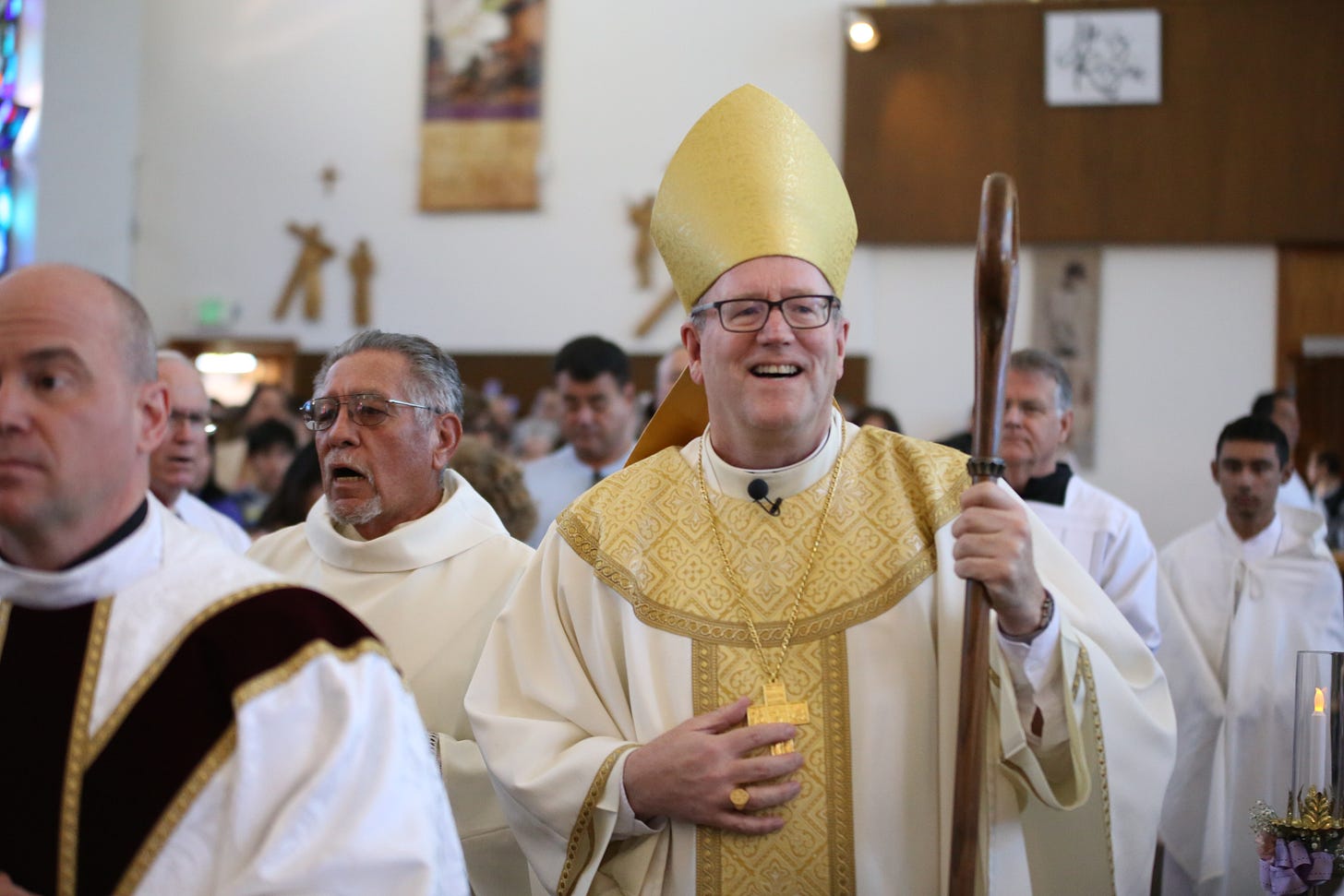A set of allegations emerged late last week which accused Catholic media apostolate Word on Fire and its leadership of mishandling an investigation into sexual misconduct on the part of an employee.
Because Word on Fire is not a canonical entity, the accusations are not likely to lead to an ecclesiastical invest…

